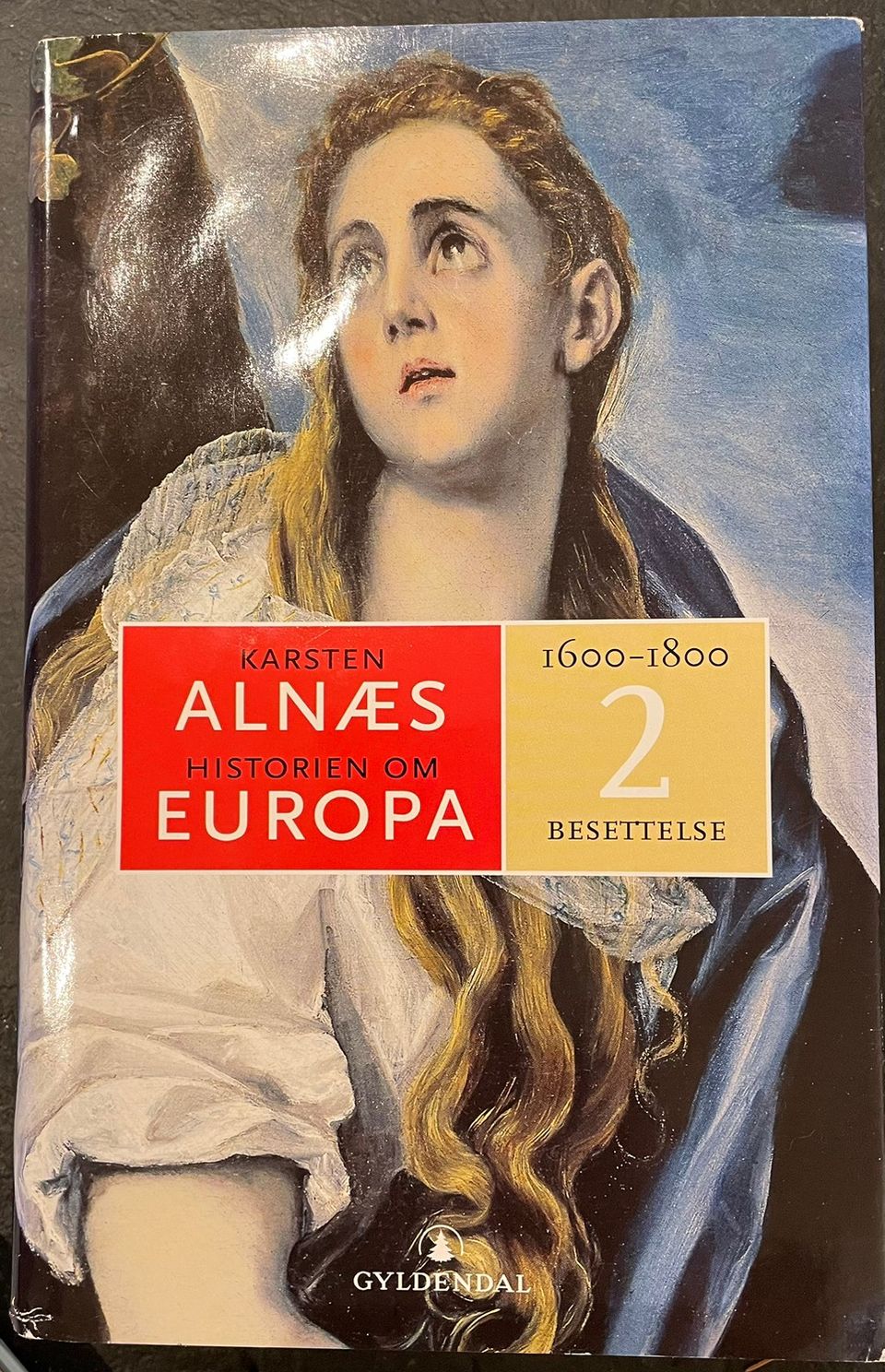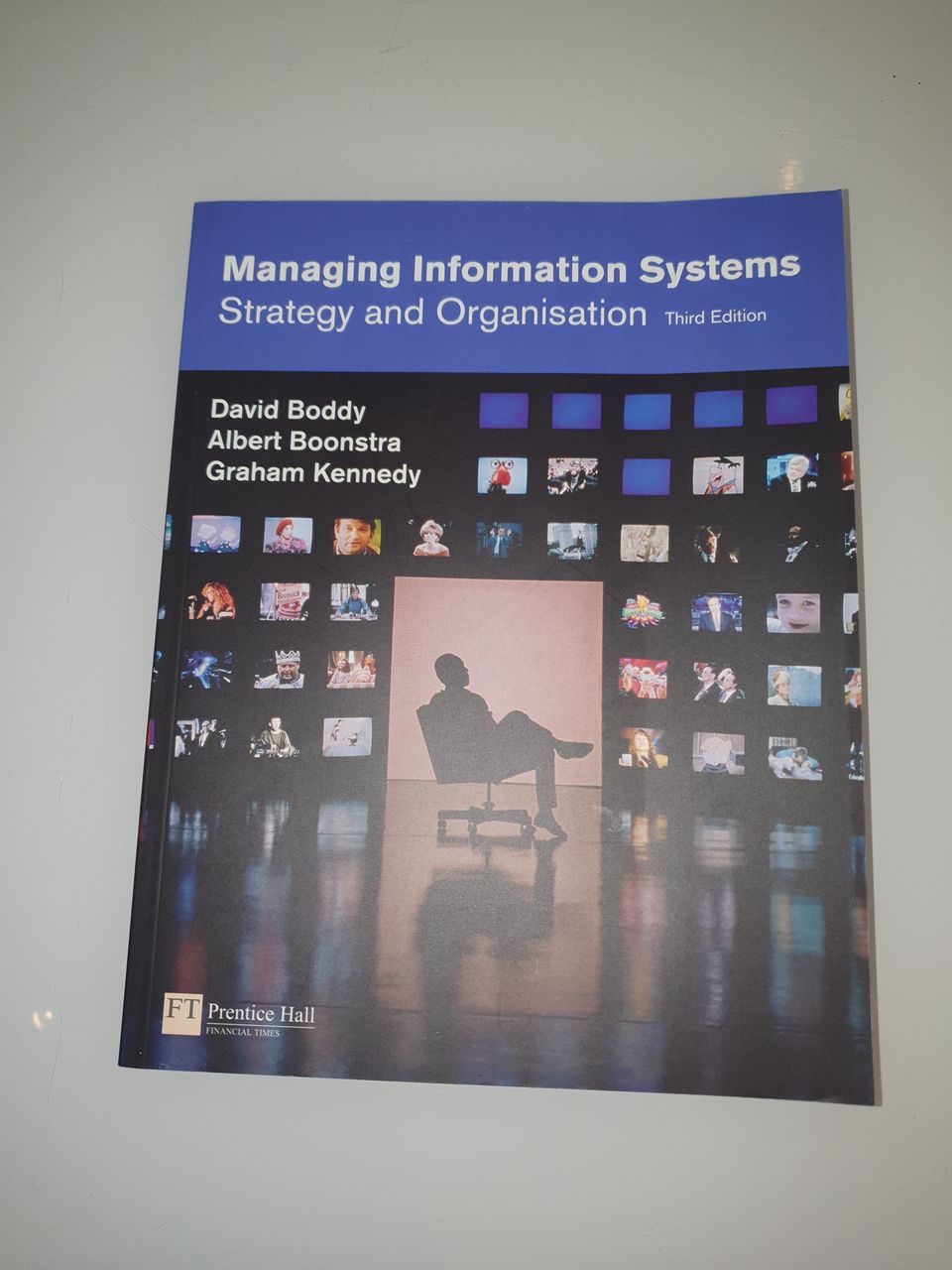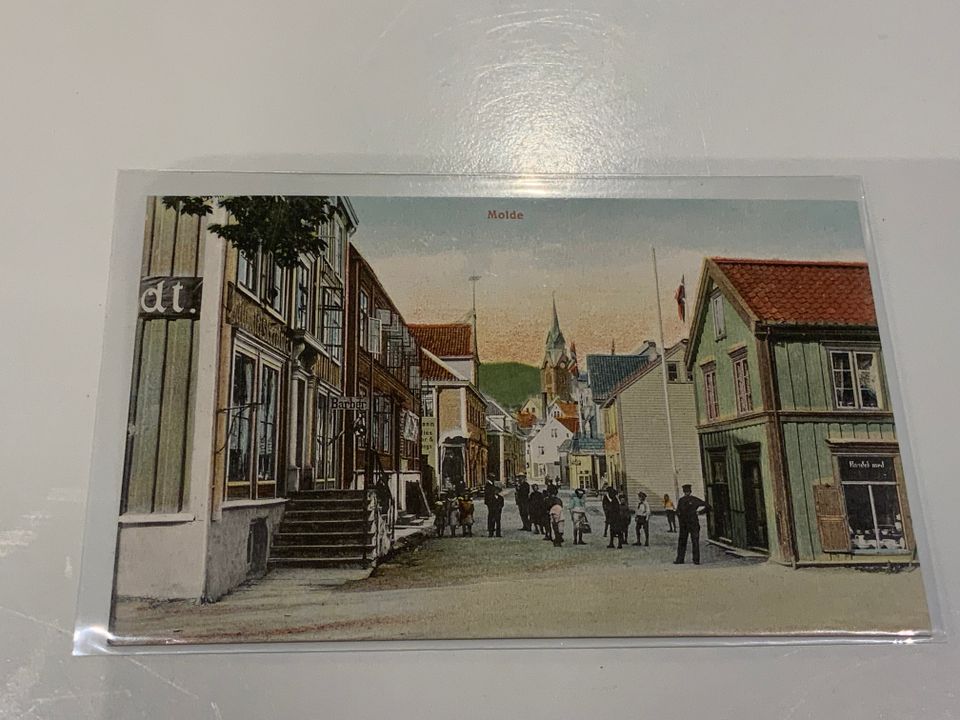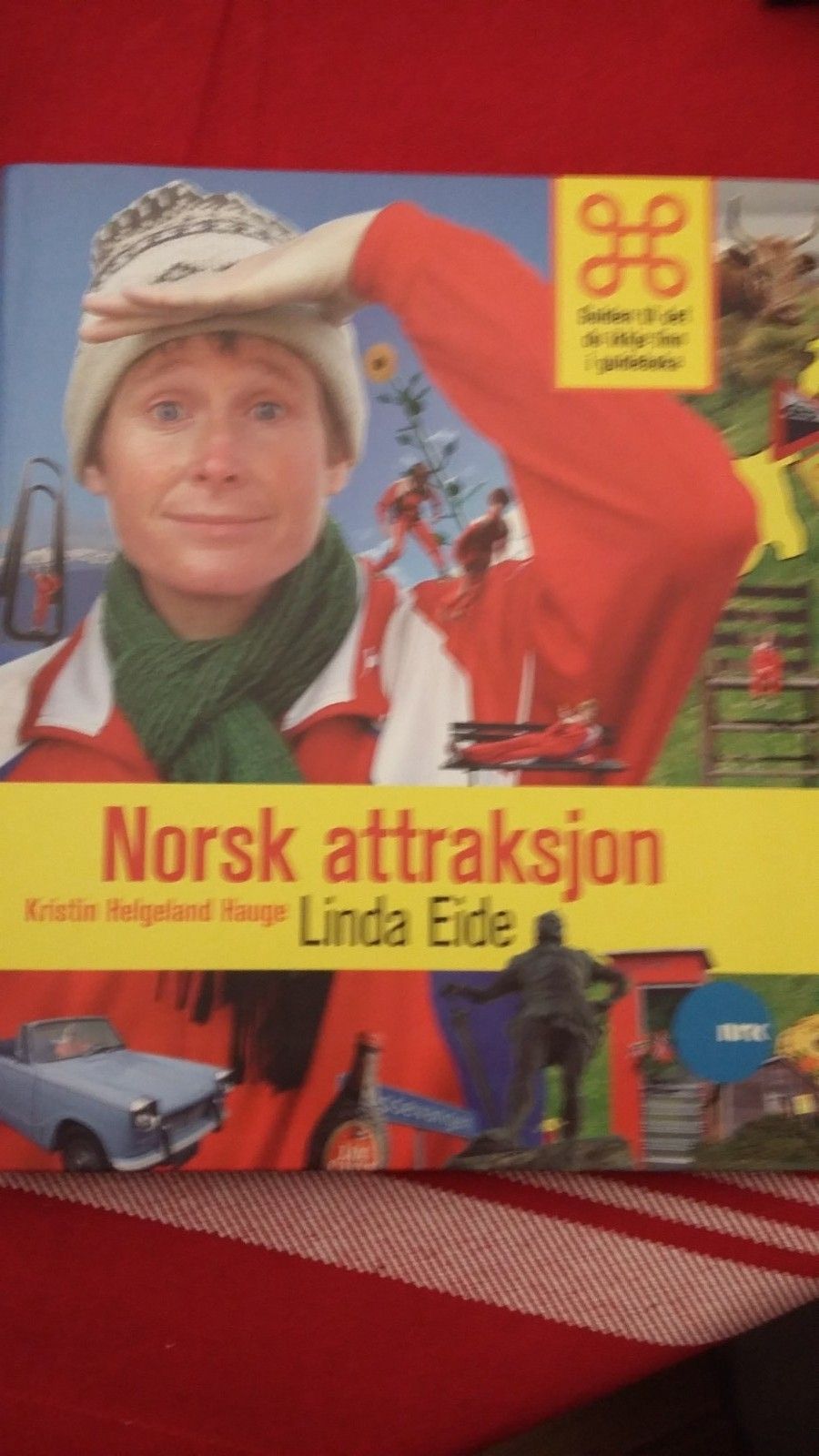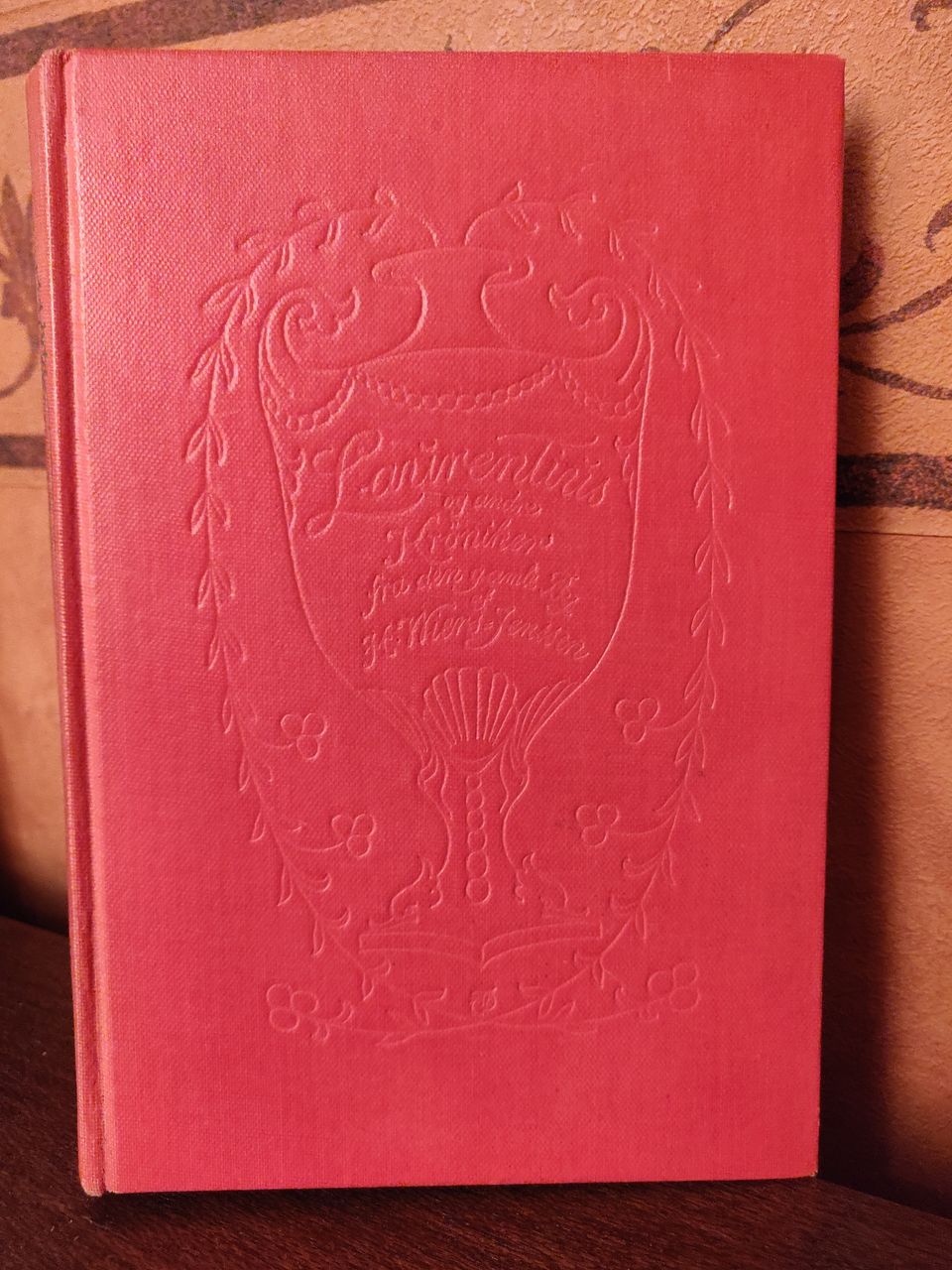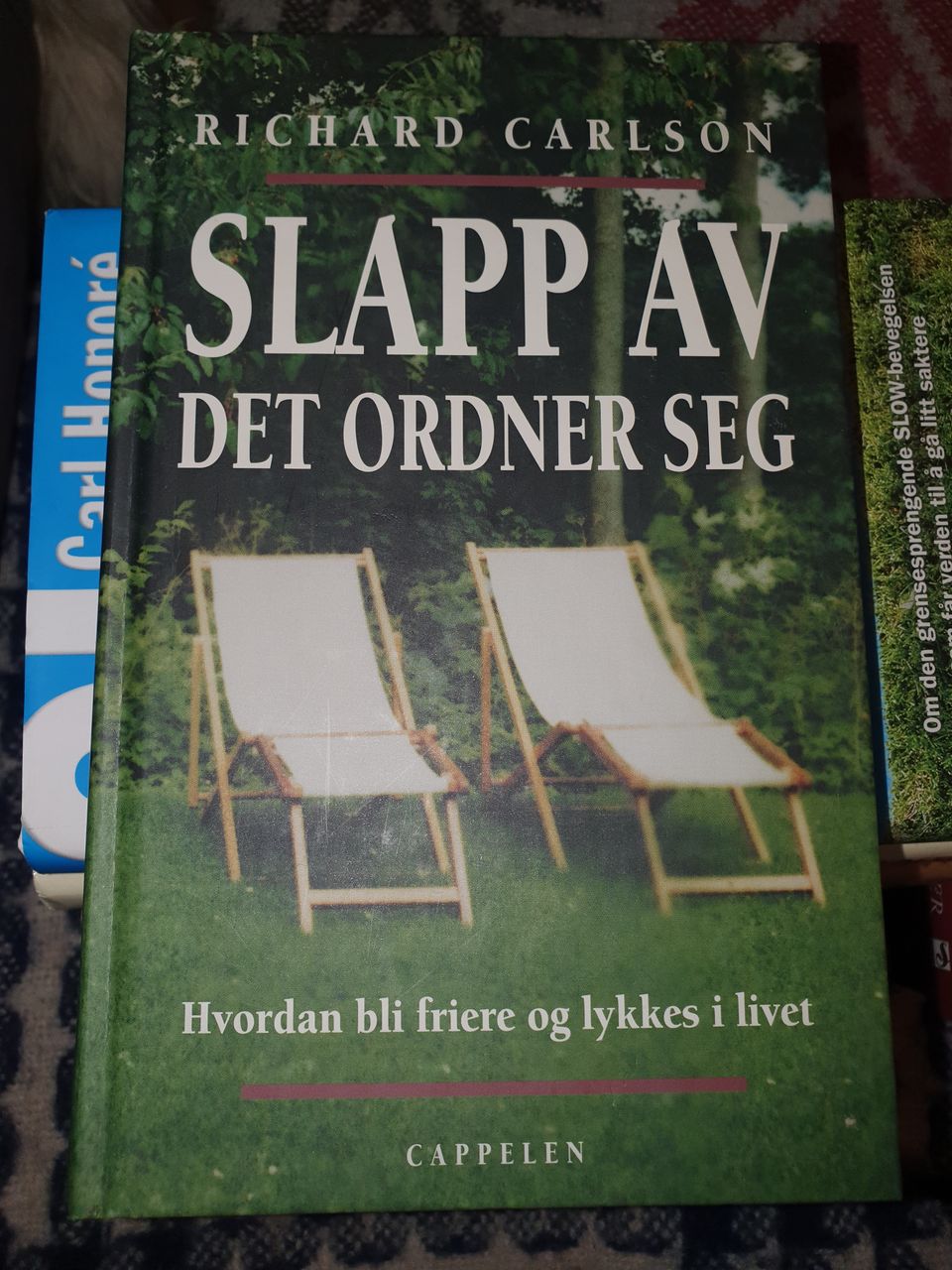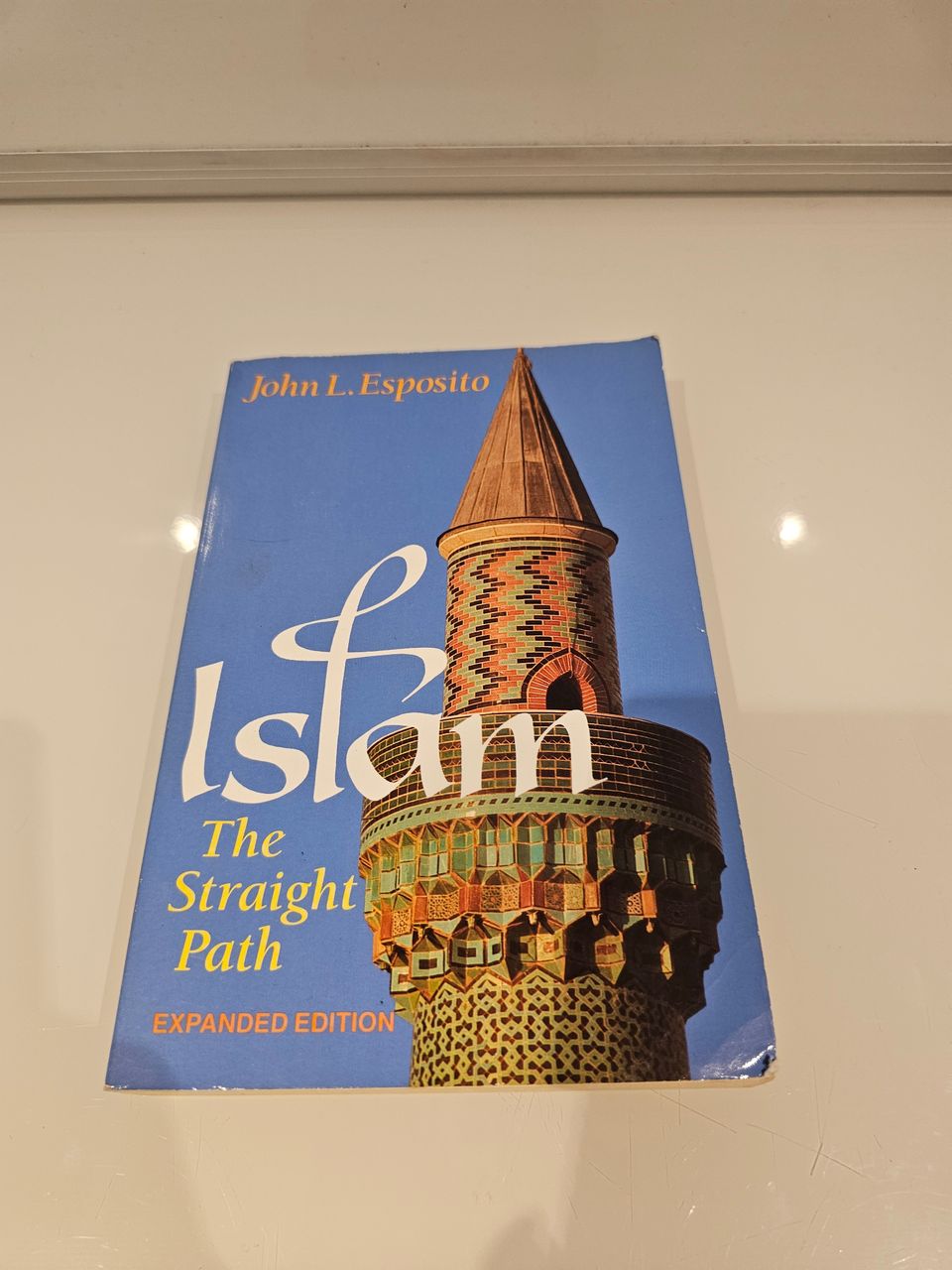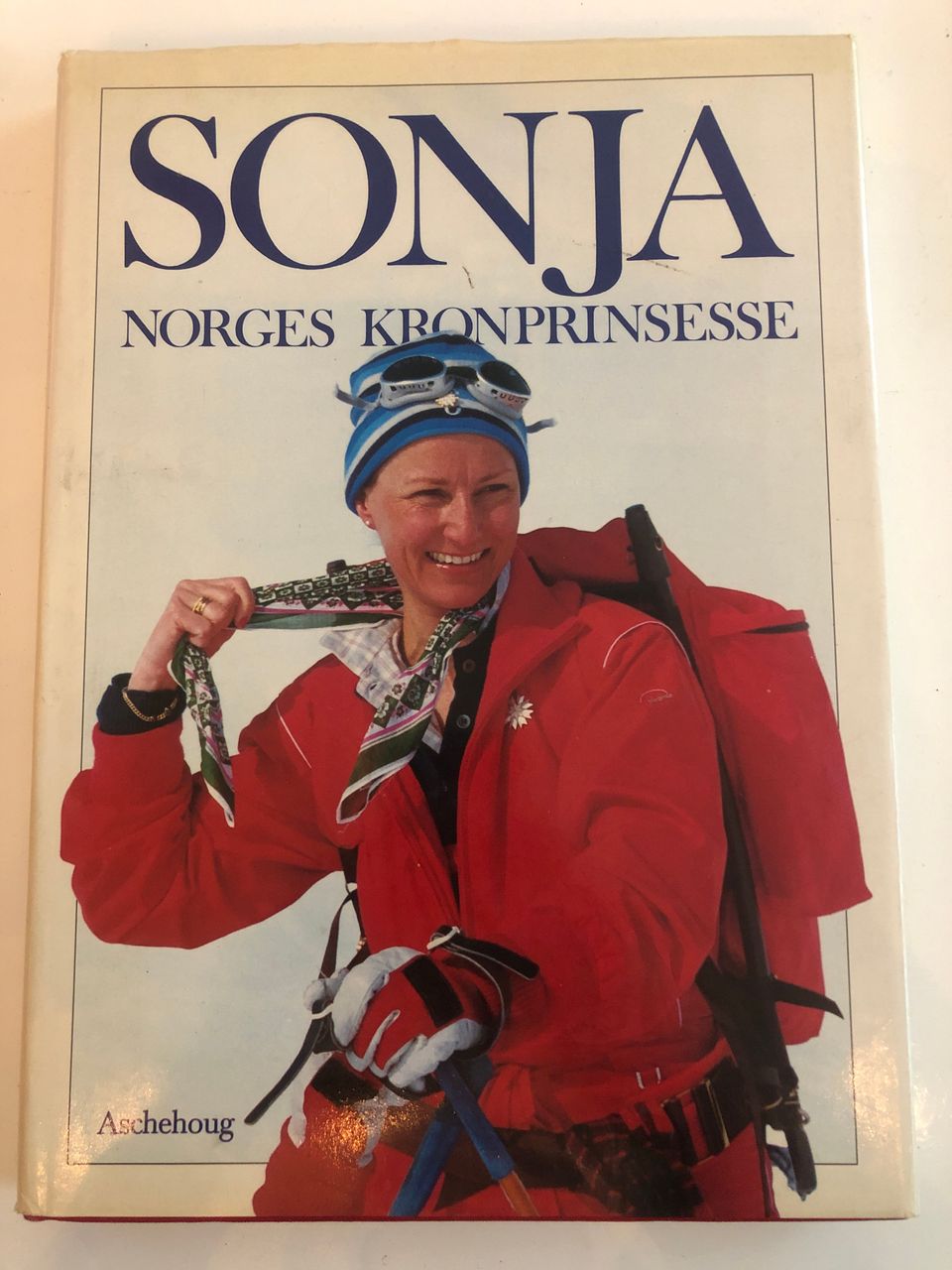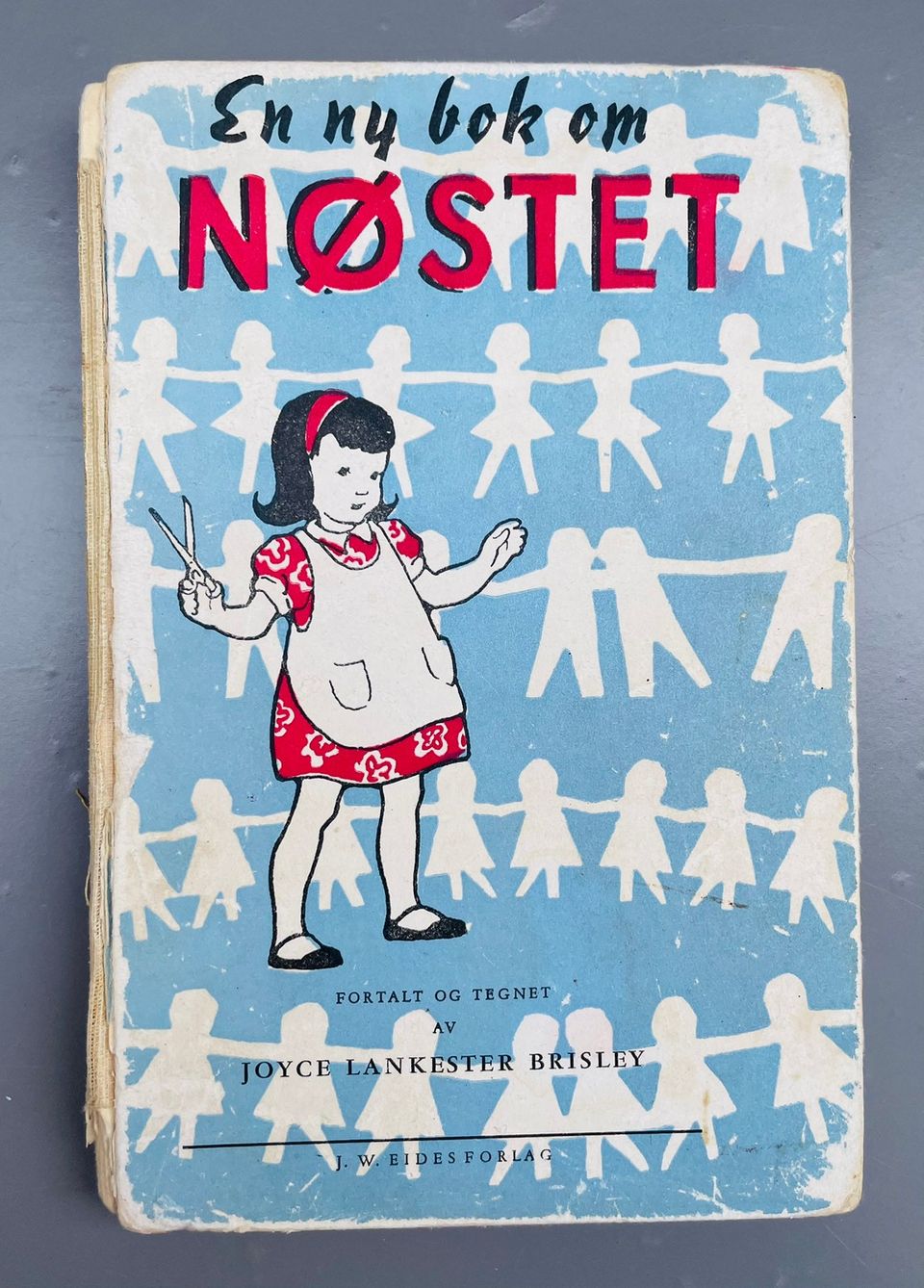Bildegalleri
"The great game". Peter Hopkirk. Folio Society.
Beskrivelse av varen
Som ny.
"The great game" er historien om menneskene som var "On secret Service in High Asia" for Storbritannia, mens det ennå var et imperium.
Author Peter Hopkirk culls from many period accounts. He tells the stories of adventurers, spies, secret agents and provocateurs. Geographical survey was a priority, as much was unknown about the region. Henry Pottinger, in Muslim disquise, explored from Baluchistan to Isfahan in 1810. He later played a leading role in the Opium War, Treaty of Nanking, and founding of Hong Kong. Alexander Burnes, who made an overland reconnaissance in 1831, traced the Indus River, crossed the Khyber Pass to Kabul and became famous during his lifetime for the book 'Travels Into Bukhara'.
Hopkirk was a late 20th century British writer, perhaps best known for this work. He began as a journalist on risky assignments in Africa and the Mideast. Widely traveled, he was a collector of Victorian books on the subjects he covered. All of his works were about Central and South Asia, covering eclectic topics such as archaeology in Xinjiang, Bolshevik subversion in India and Kipling's sources of inspiration for Kim. The history is anglocentric, but takes a reasonable view towards other players. The writing is unpretentious and clear.
In 1236 Mongol horsemen swept westward through Russia, tying serfs to the Tartar yoke. The Golden Horde would exact tribute until Ivan the Terrible defeated the khanates of Kazan and Astrakhan in the mid 1500's, opening the way for expansion east through Siberia. Peter the Great turned his gaze south, through the Caucasus and Caspian towards Persia, yet was thwarted by Nader Shah in 1735. In 1757 the British began major territorial gains in India. The aspirations and apprehensions of these rival European empires became the 'Great Game', played out in Central Asia during the 1800's.
In the late 18th century, the British were concerned with Catherine the Great's expansion into Crimea, but distracted by the rise of Napoleon. The Russian defeat of the French in 1812 helped to end one concern but created another. Threat of a Russian attack on India (via Turkey and Tehran) obsessed the British, and a cold war Russophobia took hold. Tsar Alexander I sent envoys to Khiva (present day Uzbekistan) to make allies and secure forward positions. British probed passes of Afghanistan seeking similar advantage in Bukhara, a neighboring kingdom on the Silk Road.
A Russian treaty with the Ottoman Empire to control the Dardenelles Straight stoked paranoia in the 1830's. British intrigue in Kabul precipitated the disastrous Anglo-Afghan War of the 1840's. The 1850's Crimean War strained Russian relations with Britain. The 1860's US civil war raised Russian interests in Central Asian cotton, and Tashkent was taken. Soon Samarkand fell. Spies like Frederick Burnaby rode to Khiva in the 1870's. Britain seized the Suez Canal in the 1880's while Russia layed rails in Central Asia. Russians invaded Afghanistan in the 1890's, as did the British in early 1900's Tibet.
Du må være logget inn for å se brukerprofiler og sende meldinger.
Logg innAnnonsens metadata
Sist endret: 1.1.2024, 21:51 ・ FINN-kode: 288868789











